As Chinese EV makers expand their footprint by opening more stores and plants overseas, as well as providing more services and products tailored to international consumers, they are expected to improve their brand recognition and increase their market share, Kang said.
Xu Haidong, deputy chief engineer of the China Association of Automobile Manufacturers, said China's NEVs can meet the diverse global demands in terms of product design, quality, research and development, and production capacity.
"The key point here is the increased competitiveness of Chinese cars. Chinese automobile brands have accurately grasped the emerging opportunities in NEVs, and in the trend of integration with intelligence and connectivity," Xu said.
Ding Yuqian, head of China Autos Research at HSBC, said China has the world's most competitive EV battery supply chain. The single most expensive element of an EV is its battery. Carmakers based in China have access to high-quality batteries produced at a relative cost advantage, with manufacturers continuing to improve the technology.
Cui Dongshu, secretary-general of the China Passenger Car Association, said demand for Chinese-made EVs has been surging in major markets such as Europe and Southeast Asia.
Evidence of that came in the latest data that showed China surpassed Japan as the world's largest vehicle exporter in the first half of this year. The milestone came on the back of growing desire among overseas car buyers to own Chinese-made NEVs, according to the General Administration of Customs.
Cui estimated China's full-year vehicle exports, including both NEVs and fossil-fuel vehicles, may reach 5 million units, up from 3.11 million units in 2022.
China's exports of NEVs totaled 636,000 vehicles from January to July, up 150 percent year-on-year, according to CAAM data.
Sensing an uptrend, Chinese auto and battery companies are beefing up investments and sales plans in Europe. Last year, the automotive industry accounted for about 53 percent of China's investment in Europe, 33 percentage points higher than the number in 2021, according to KPMG.
Six Chinese battery companies, including Contemporary Amperex Technology Co Ltd, the world's largest EV battery maker, have established or plan to establish factories in Europe, KPMG said.
Meanwhile, most Chinese car companies have established R&D centers in Europe to better understand local market demand and establish connections with local suppliers and distributors. Since 2017, car companies, including BYD, Geely and NIO, have been building factories in Europe for either new energy buses or passenger cars.
NIO, for instance, built its first overseas factory in Hungary, which covers 10,000 square meters and serves as its manufacturing, service and research and development center in Europe.
In September 2022, the factory completed the production of its first battery swap station, which was then shipped to Germany.
Qin Lihong, co-founder and president of NIO, said Hungary's open, pro-investment environment is an important assurance for the company's European factory and helped in quickly putting it into operation; so, the carmaker will further increase investment in Hungary.
In an interview in April, Qin also said that next year, the company will launch a fresh brand of vehicles for the European market. They will be made at a new factory in China.
NIO's European journey, its first outside China, started in May 2021 when it announced its strategy in Norway. In October 2022, it announced its entry into four European countries: Germany, the Netherlands, Denmark and Sweden.
Now, the company has sales and service centers in those five countries. To better understand local markets and hone its research and development prowess, NIO said it has established a global R&D layout, with R&D centers and production sites in cities such as San Jose, Munich, Oxford, Berlin, Budapest and Singapore. Currently, it has over 10,000 R&D staff members.
Meanwhile, NIO is stepping up its push to build infrastructure to support the sales of its EVs. So far, it has installed 24 battery swap stations and nine charging stations overseas. It plans to have 120 battery swap stations by the end of this year.
Other Chinese carmakers are also moving ahead in Europe. Xpeng, for instance, is building its brand and network in Norway, Sweden, Denmark and the Netherlands. It has established retail stores in the four countries, said Gu Hongdi, co-president of Xpeng.
To be sure, it is not a smooth road everywhere. Chinese auto companies need to sharpen their brand-building efforts in Europe, better understand overseas markets and develop more effective go-global strategies, experts said.
Wang Chuanfu, chairman and president of BYD, said an increasing number of NEV buyers, both domestic and international, are choosing Chinese brands.
The Warren Buffett-backed company saw its 5 millionth NEV, a Denza N7, roll off the assembly line earlier this month, making it the first carmaker globally to reach the milestone.
"As long as Chinese automakers persist in technological innovation, seize the opportunities presented by electrification, intelligence and connectivity, and strive to meet market demands, we can accelerate the journey toward becoming a powerhouse in the NEV industry," Wang said.








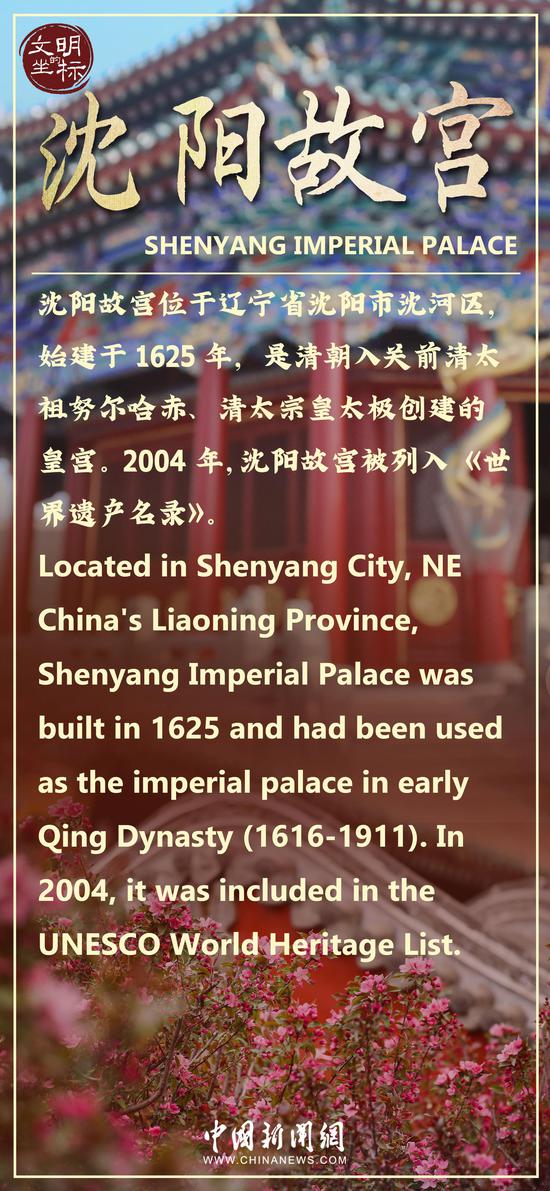



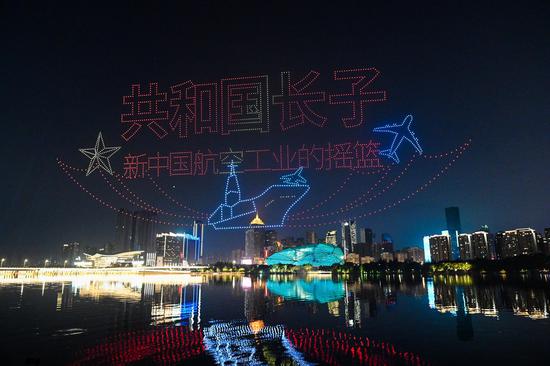
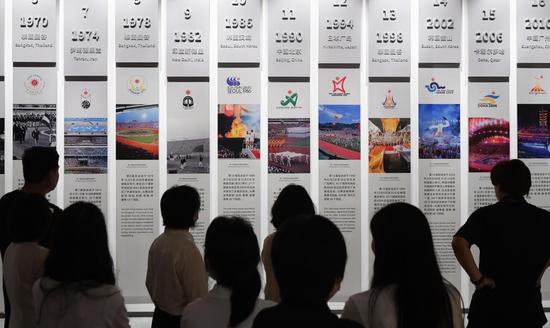

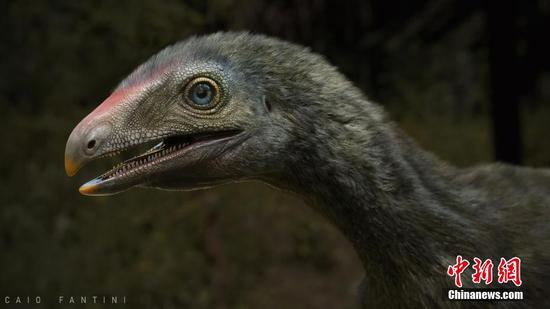


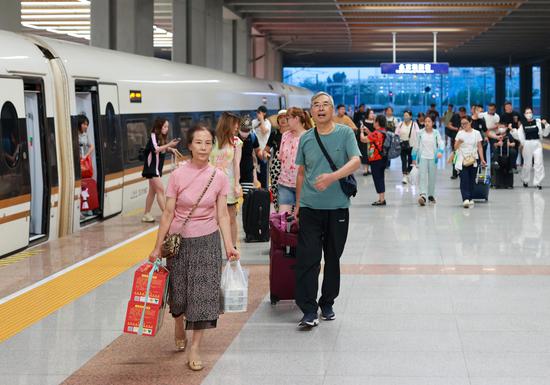
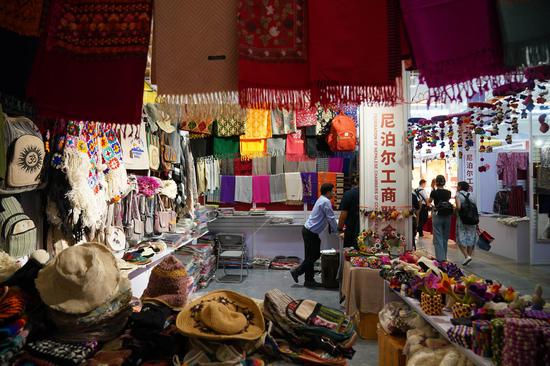






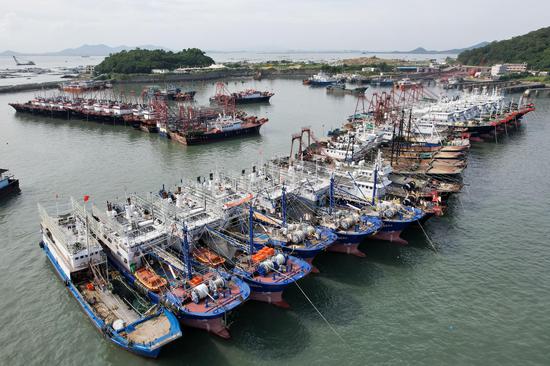




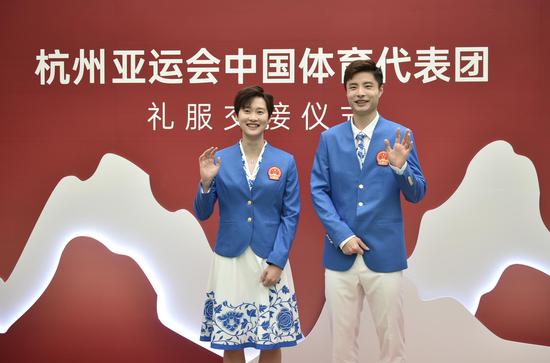
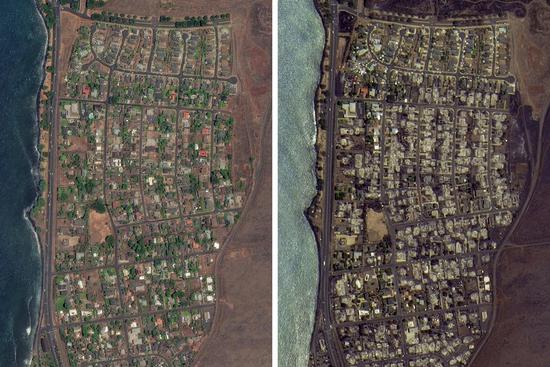


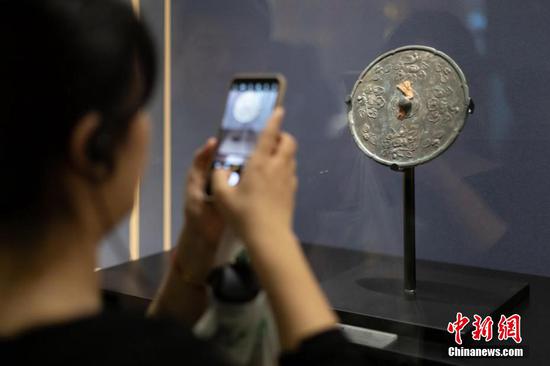

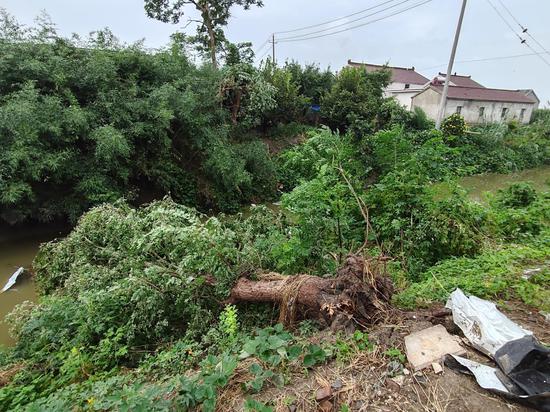


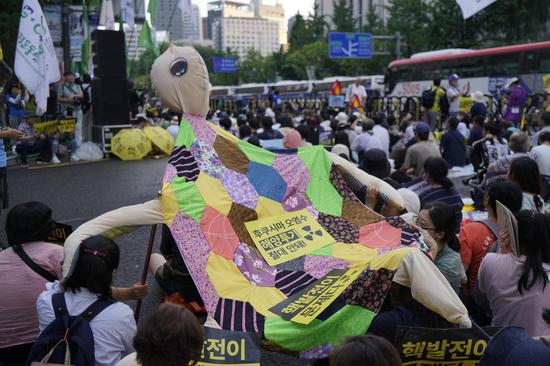
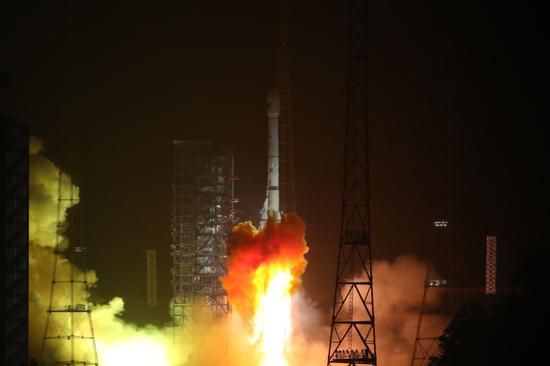
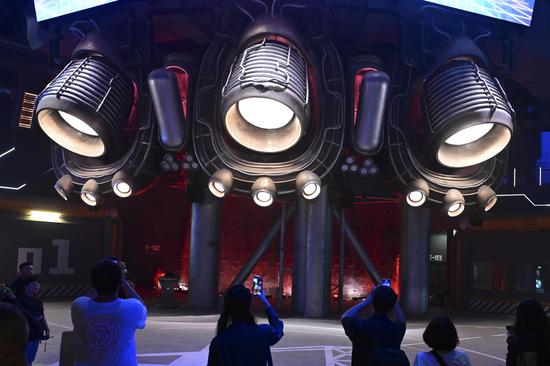







 京公网安备 11010202009201号
京公网安备 11010202009201号